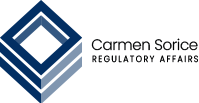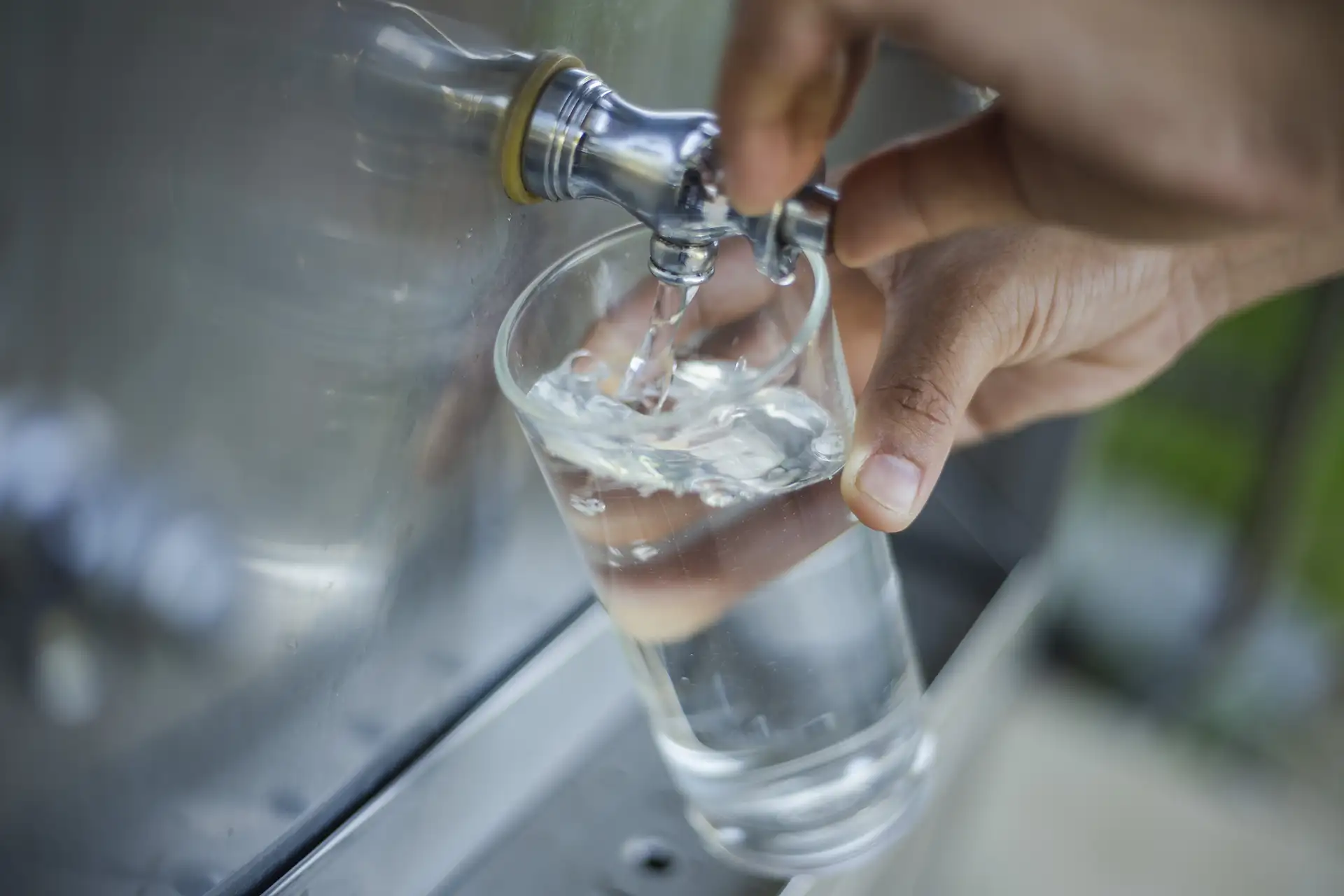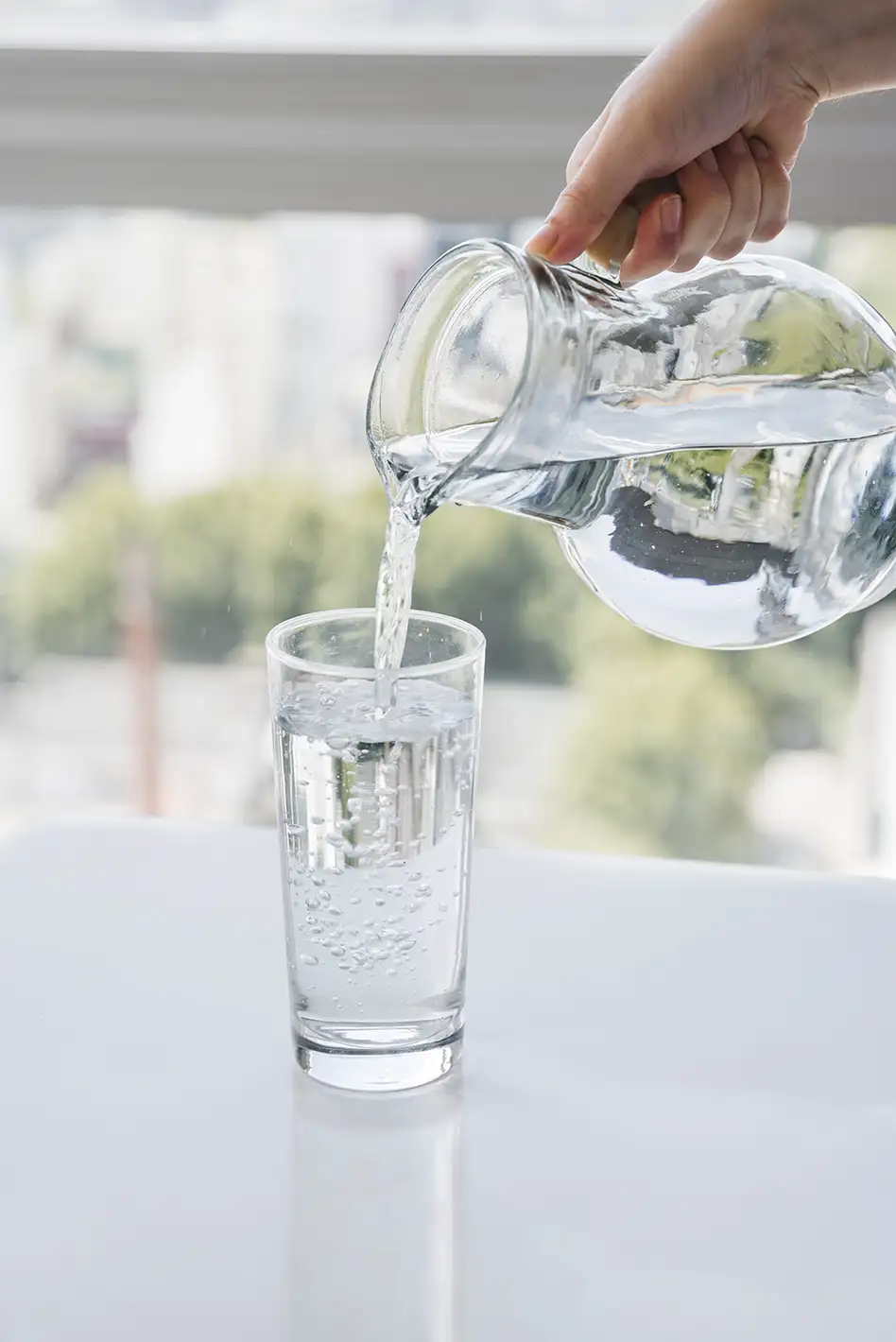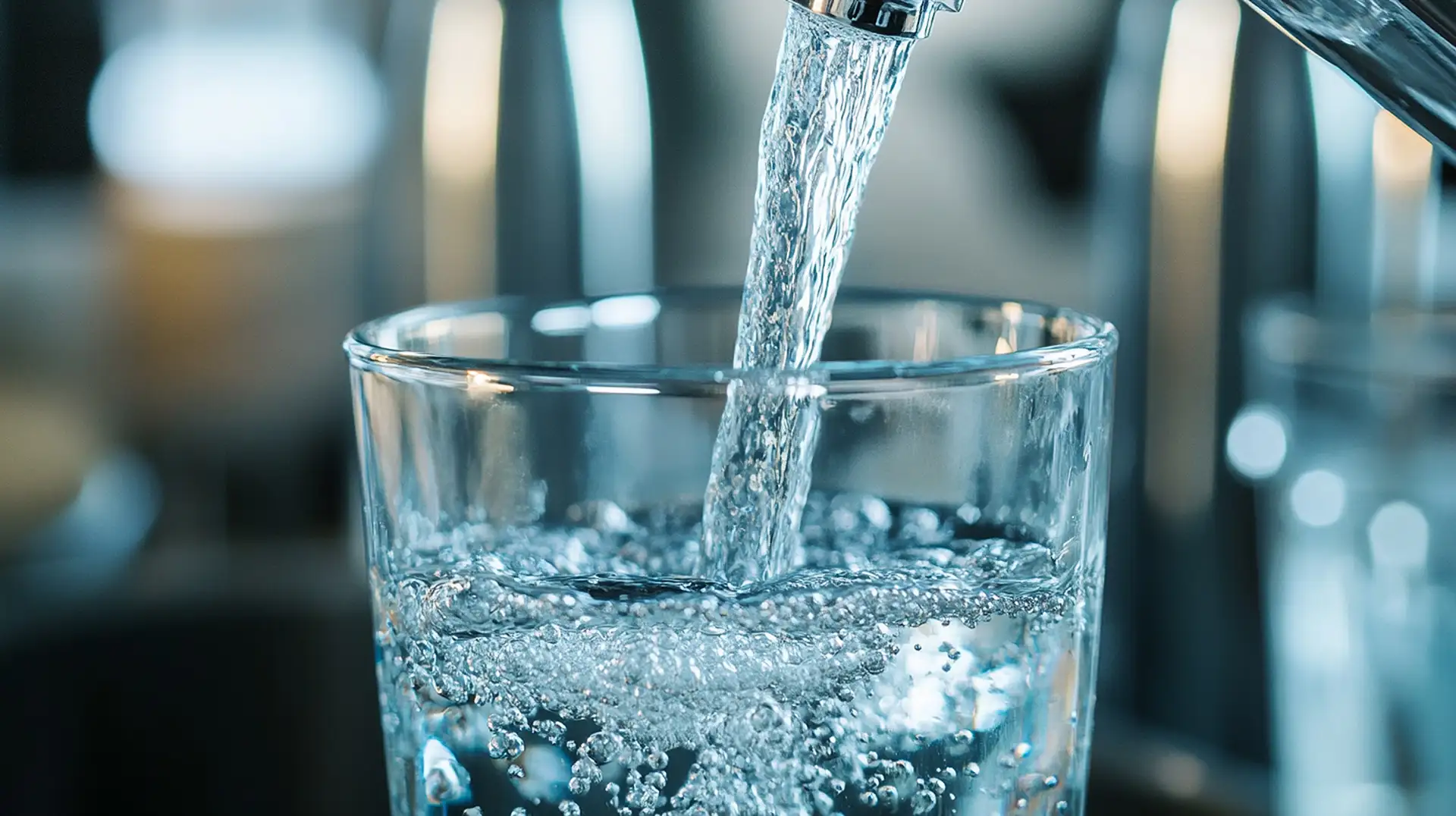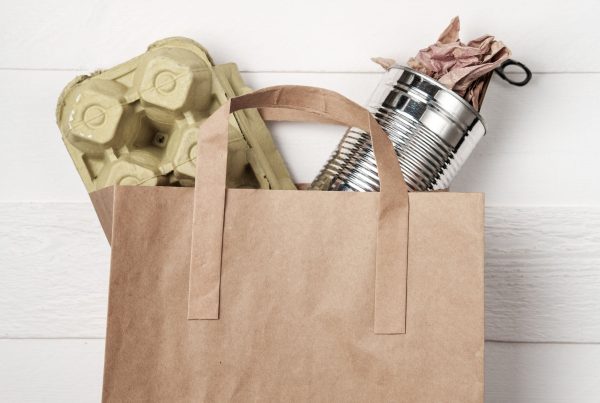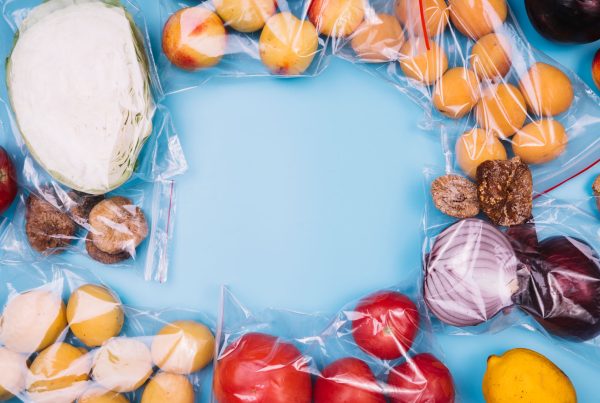On July 4, 2025, Legislative Decree 102/2025 was published in the Official Gazette. It amends and supplements Legislative Decree 18/2023, which implements EU Directive 2020/2184 on the quality of water intended for human consumption.
This regulatory update, in force since July 19, 2025, introduces a series of technical and operational requirements that impose operators, local authorities, and service providers to comply with stricter standards for the protection of public health.
An integrated and risk-based management system
The decree strengthens the risk-based management model already provided for by Legislative Decree 18/2023, extending it to the entire water supply chain, from the catchment point to the final user.
By July 2027, local authorities must complete the mapping and assessment of catchment areas, while by January 2029, operators will be required to implement Water Safety Plans (WSPs) not only for the public network but also for internal distribution systems, such as those in hospitals, schools, and apartment buildings.
New parameters and stricter controls
The decree introduces significant updates to water quality limits, with new parameters and stricter reference values:
• Turbidity: ≤ 0.3 NTU in 95% of samples, never exceeding 1 NTU
- Lead: gradual reduction to 5 µg/L
- PFAS: threshold values defined for individual PFAS and their sum; inclusion of the TFA parameter (trifluoroacetic acid)
- Legionella: mandatory systematic control in internal systems.
Laboratories must adapt analytical methods by adopting more sensitive and accurate techniques, while operators must increase the frequency and scope of monitoring.
Materials in contact with water: the ReMaF system is born
One of the most relevant innovations concerns the safety of materials used in the water supply chain. The decree establishes the ReMaF system, a national register regulating the authorization of reagents, filtering materials, and devices used in water treatment.
The goal is to prevent the release of harmful substances and preserve the organoleptic properties of water, imposing a rigorous certification and control process on manufacturers and suppliers.
Water kiosks and domestic devices in the scope of application
The scope of application is expanded to include water dispensing and treatment devices such as kiosks, water houses, and domestic treatment equipment.
These systems must ensure compliance with quality parameters up to the point of use, with maintenance, monitoring, and transparent documentation obligations placed on the operators.
Information obligations and sanctioning system
The decree also strengthens information obligations toward citizens, promoting access to updated and understandable data on water quality, also through digital channels.
At the same time, a stricter sanctioning system is introduced, with fines of up to €30,000 for serious non-compliance, particularly regarding the implementation of Water Safety Plans.
Conclusions
The entry into force of Legislative Decree 102/2025 introduces stricter standards and an integrated vision that covers the entire supply chain, from catchment to tap. For professionals in the sector, this marks the beginning of a phase full of challenges, but also opportunities: it will be essential to update skills, adopt advanced technologies, and develop increasingly effective control systems.
